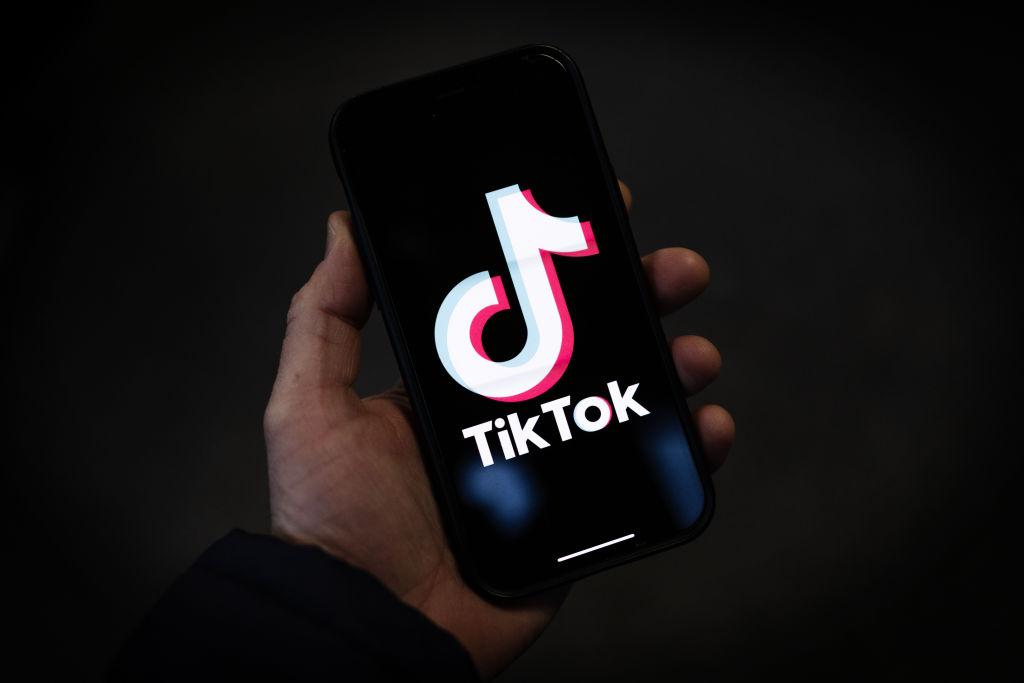The U.S. Supreme Court on Dec. 18 agreed to hear TikTok’s case challenging a law requiring its China-based parent company to divest itself of the app by Jan. 19, 2025.
The court will hear oral arguments on Jan. 10, 2025.

The U.S. Supreme Court on Dec. 18 agreed to hear TikTok’s case challenging a law requiring its China-based parent company to divest itself of the app by Jan. 19, 2025.
The court will hear oral arguments on Jan. 10, 2025.